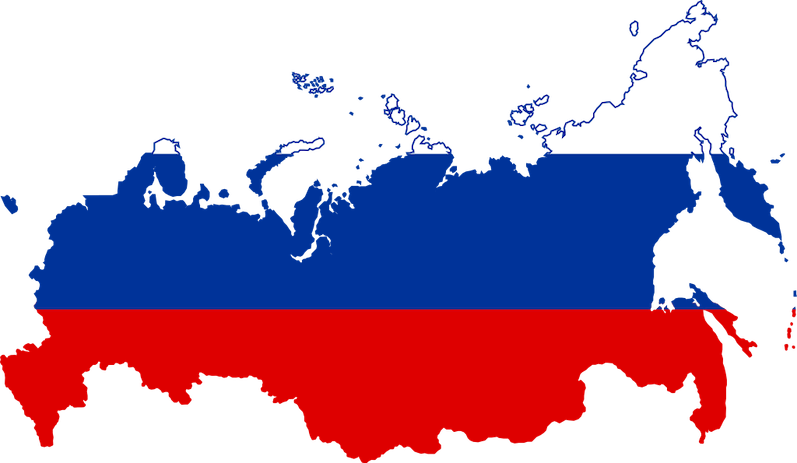Introduction
Throughout the West, populist political parties are challenging the status quo. In response, political parties on both the Left and the Right claim that the populist challenges, many of which look to national histories and cultures for inspiration, are a “threat to democracy.” The established parties warn against “ethnocentrism,” which they claim fosters racism, stereotyping, discrimination, or xenophobia. Most likely, unless a credible alternative is offered, these political debates will continue for years.
One credible alternative is “personalist nationalism.” In his classic 1871 book, Democratic Vistas, America’s Walt Whitman espoused a personalist nationalism. He focused on the quality of Being, according to a person’s “own central idea and purpose.” He proposed a “healthy average personalism . . . the object of which should be to raise and supply through the States a copious race of superb American men and women, cheerful, religious, ahead of any yet known.”[1] For Whitman, it is only in the national context that a person can realize his or her true self: “The literature, songs, and esthetics of a country are of importance principally because they furnish the materials and suggestions of personality for the women and men of that country, and enforce them in a thousand effective ways.”[2]
Similarly, in a 1980 speech to the United Nations Educational, Scientific and Cultural Organization, known as UNESCO, Pope John Paul II explained how culture is the specific way of man’s existing and being. “Man always lives according to a culture which is specifically his, and which, in its turn, creates among men a tie which is also specifically theirs, determining the inter-human and social character of human existence.”[3]
Pope John Paul II urged UNESCO delegates:
"[W]ith all the means at your disposal, watch over the fundamental sovereignty that every Nation possesses by virtue of its own culture. Cherish it like the apple of your eye for the future of the great human family. Protect it! Do not allow this fundamental sovereignty to become the prey of some political or economic interest. Do not allow it to become a victim of totalitarian and imperialistic systems or hegemonies."[4]
This pillar of Global Governance Watch, provides resources in four areas critical to the success of personalist nationalism: Law and Liberty, Law and Religion, Law and Sovereignty, and Law and Economics.
[1] Walt Whitman, Democratic Vistas (1871), in Specimen Days, Democratic Vistas, and Other Prose, R. Shafer, ed. (Doubleday-Doran, New York) (1935), 294-295
Law & Sovereignty
Since the beginning of the New Millennium, international organizations, governments, transnational businesses, NGOs, and civil society organizations have promoted supranational corporatism, which interferes with national sovereignty and democratic evolution. This supranational corporatism is supported by a Matrix of Human Rights Networks, which includes advocacy networks; research networks; policy networks; standards-setting networks; interpretive networks; explanatory networks; implementation networks; assessment networks; enforcement networks; and funding networks.


